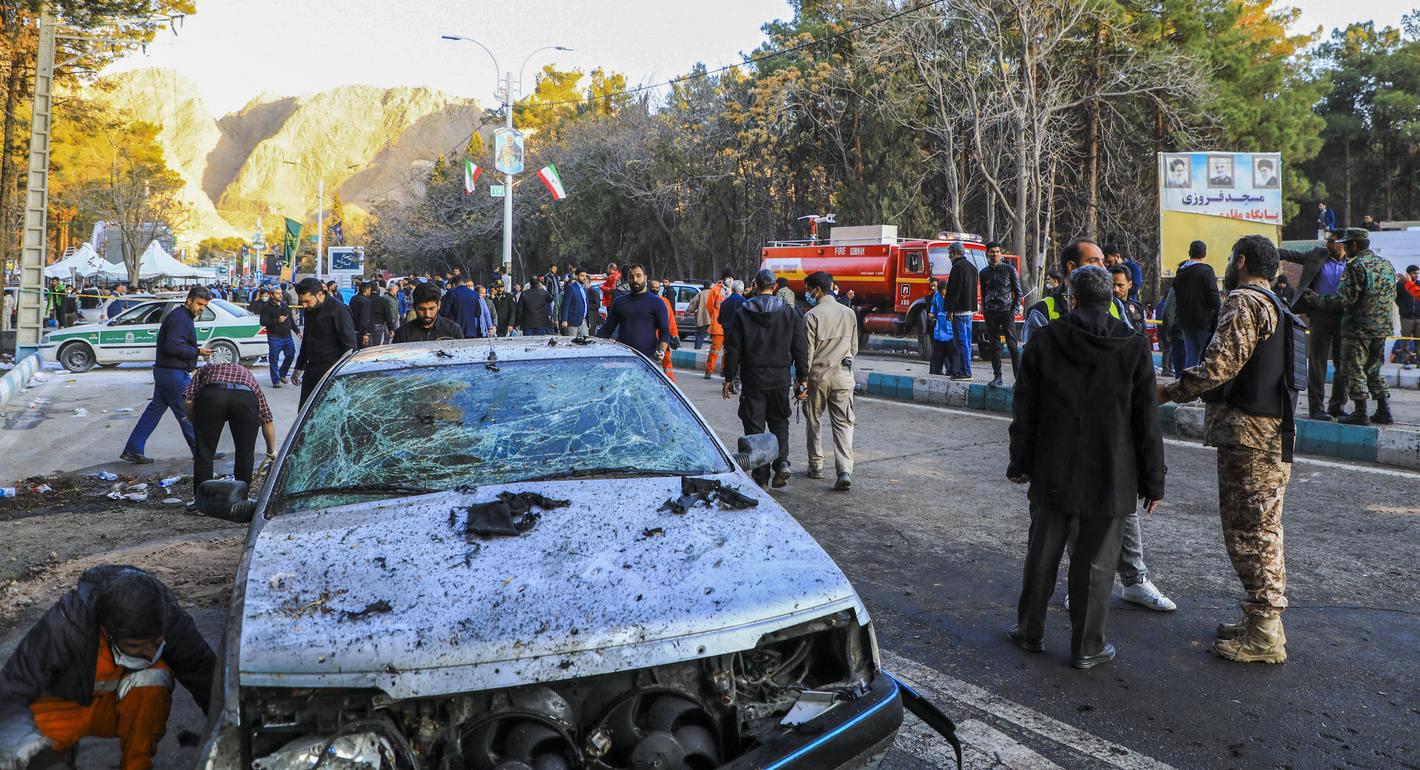Since Operation Al-Aqsa Flood, many terrorist organizations in the region have sought to capitalize on the situation in the occupied Palestinian territories to advance their own goals. Their response to the October 7 attacks is indicative not only of their support of Hamas and other Palestinian factions, but also of their ability to exploit events to restore their operational activity inside and outside the region.
Extremist groups have disseminated inflammatory statements, aiming to reorganize their ranks, plan their attacks, and actively start recruiting new fighters. Their media outlets have displayed distressing images of martyred Palestinian children to blur the distinctions between a justified defense of a noble cause and their own extremism and violence—taking advantage, in other words of the volatile situation on the ground to advance their anti-Western ideology and reach a wider audience.
The Gaza War and the pace of terrorism in the region
On November 8, ISIS launched an attack on the Raqqa-Homs-Deir Ezzor triangle that killed thirty-four members of the Syrian armed forces, and raised concerns about the organization’s resurgence in Syria and Iraq. Since the war in Gaza began, ISIS has focused on qualitative, low-cost operations in their traditional areas of influence, employing light and medium weapons and a small number of soldiers to inflict significant losses. With small terrorist cells that affiliated with the organization, ISIS has been able to target low-security regions, such as the Syrian Badia and the governorates of Deir Ezzor, Raqqa, Aleppo, Hama, Homs, the countryside of Damascus, and Suwayda. The concentration on these areas also seems to be a response to ongoing protests and local governance crises—a political environment conducive to the activities of ISIS and other terrorist organizations.
Al-Qaeda and its affiliates also seized the opportunity to rejuvenate their ideology in the wake of Operation Al-Aqsa Flood, capitalizing on the importance of the Palestinian cause in Arab and Islamic nations. Al-Qaeda issued numerous statements through its media platforms, calling not only for sustained operations in Gaza escalating tensions in the West Bank by supplying weapons to Palestinian factions, but also for attacks in neighboring countries and against Abraham Accords signatories.
The Yemeni branch of al-Qaeda released a statement urging Palestinian groups to resort to violence, persevere in their efforts, and “never contemplate retreat.” They called on factions in the West Bank specifically, which they referred to as “the lions of Islam,” to “light a fire under the feet of the Jews” and attack them from “every house, neighborhood, and street” to protect their brothers in the Gaza Strip. The message highlighted Israel’s perceived vulnerability, while also criticizing international support for the occupation, particularly from the United States.
Western concern over the expansion of terrorism outside the region
Both the Islamic State and Al-Qaeda have threatened Western and Jewish targets, which raised the concern of European governments—especially following several terrorist attacks in Belgium and France, the latter of which has continued to support Israel’s war despite the high death toll of Palestinian civilians.
At an FBI-organized conference in California on October 17, intelligence leaders of MI5, representing Australia, Canada, New Zealand, the United Kingdom, and the United States, issued a joint warning about the potential rise in local attacks following the events in Gaza and heightened tensions in the Middle East. In response to these warnings, European countries took immediate action to elevate security alerts, which were at their highest in France, Britain, Germany, and Belgium.
In summary, the ongoing conflict in Gaza, which continues to remain the object of intense regional and international, may have adverse implications for counterterrorism efforts. Terrorist organizations are attempting to regroup and expand their global influence, potentially rekindling the trend of "lone wolf" attacks in Western countries aligned with Israel and the United States. And widespread anger in many Arab societies, particularly among the youth, about Israel’s genocidal assault against the Palestinian people provides a conducive environment for extremist groups to promote hate speech and violence.
Sherine Fahmy is political science educator at the Institute of Arab Research and Studies in the League of Arab States








